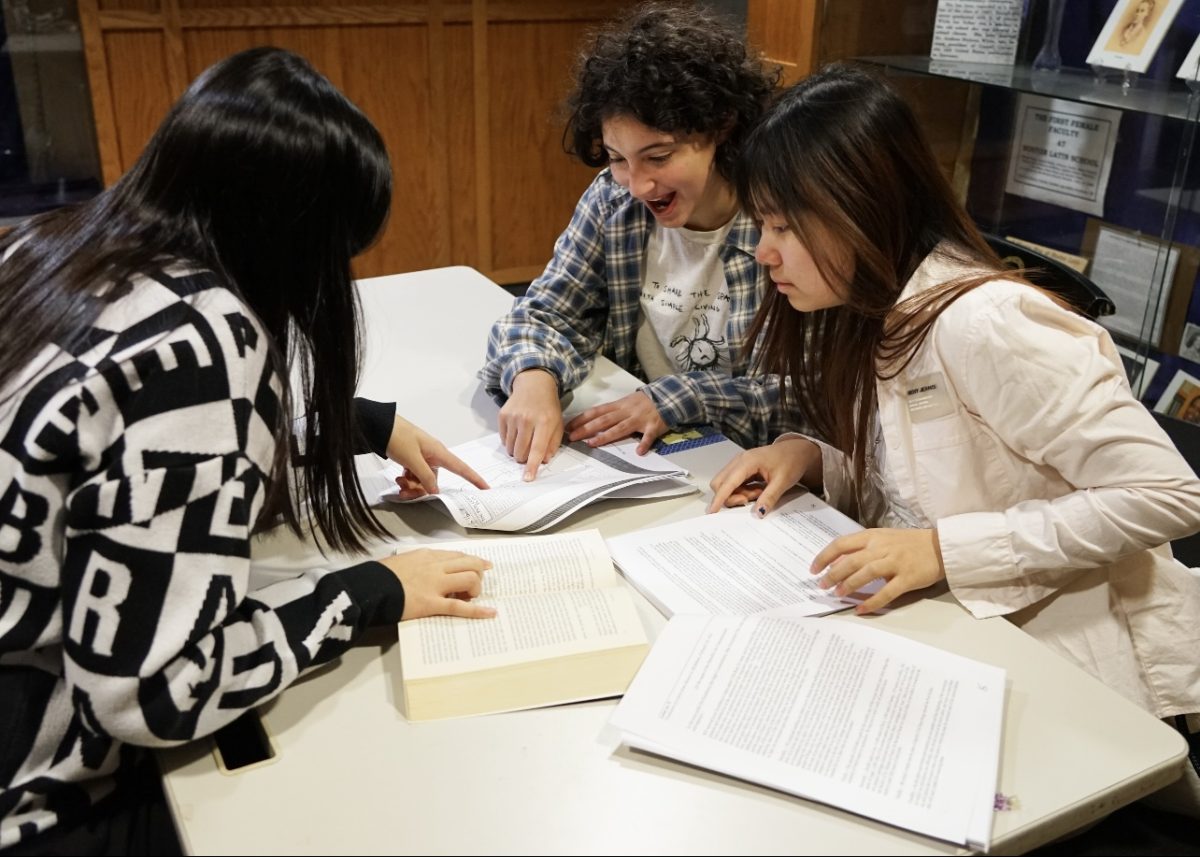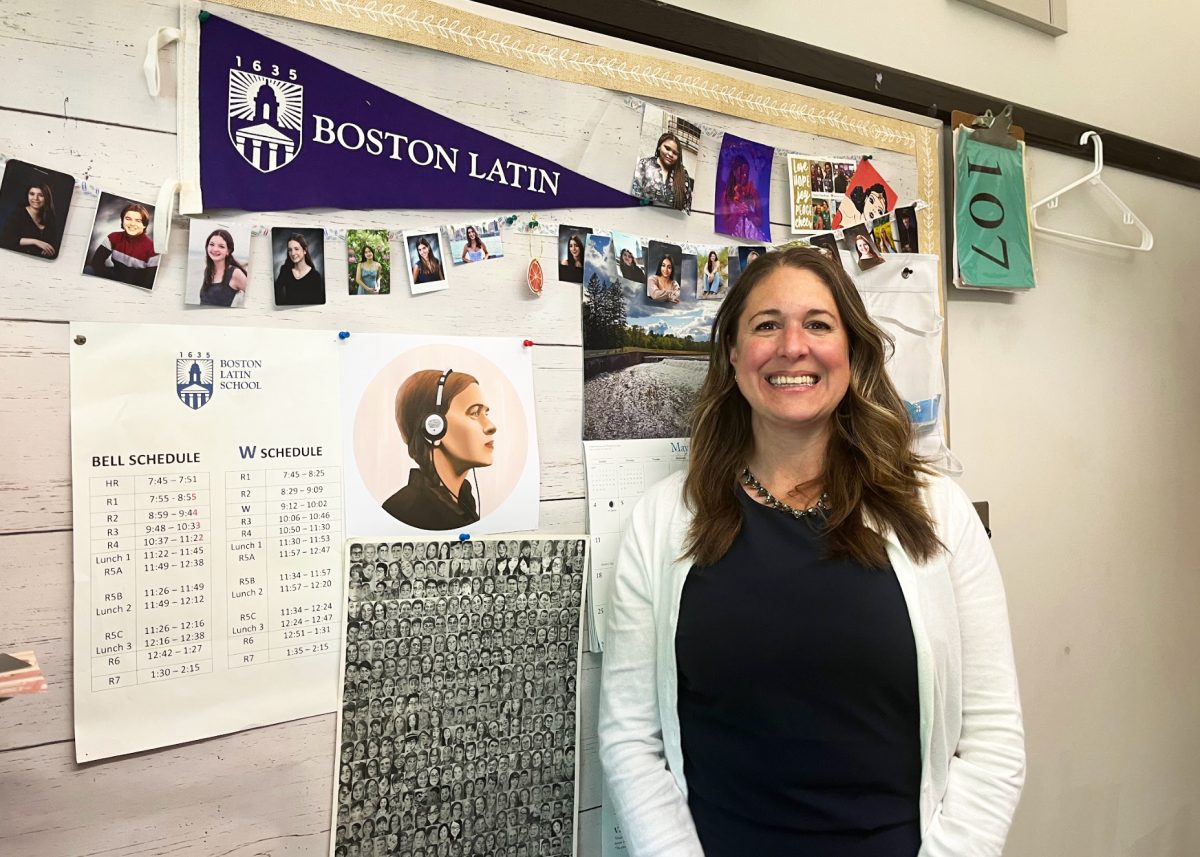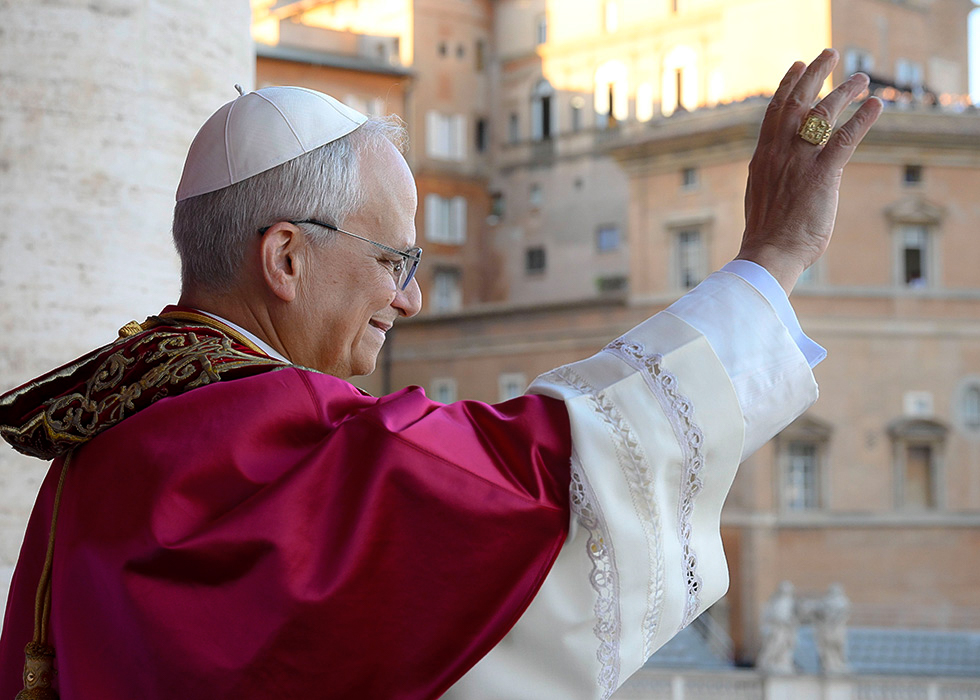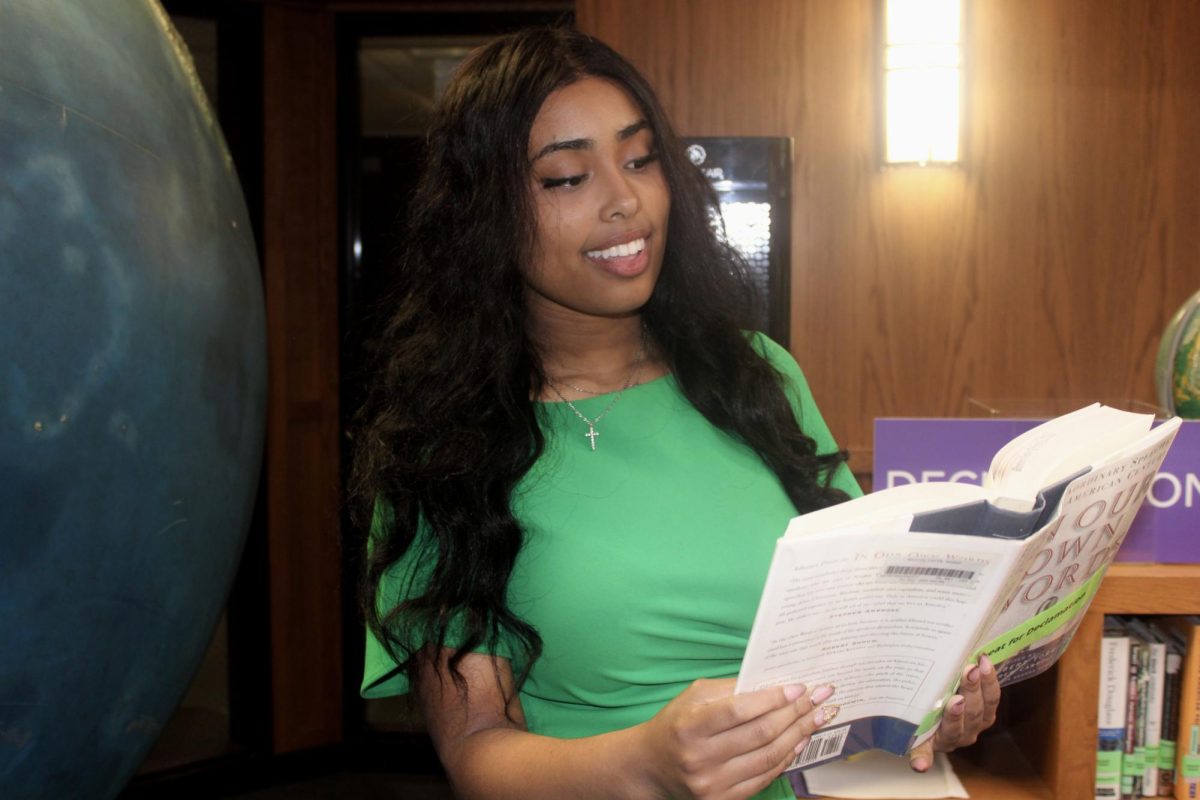Starting in late December, several students in Classes I to III have been participating in the W block elective course concerning the history of Israel and Palestine, taught by former Boston Latin School Facing History teacher Ms. Judi Freeman and alumna Ms. Janna Ramadan (‘18).
The primary goal of the course is to provide students with more historical and accurate information about the context surrounding the Israel-Palestine War, aside from any information that students have received through various social media platforms. This elective was offered to upperclassmen who were interested in this topic and willing to give up their W blocks for seven weeks until the end of February.
Beginning in October, tensions heightened in the Israeli-Palestinian region due to attacks on Israel by the Palestinian group Hamas and continual retaliation by the Israeli Defense Forces. As a result, many students became more aware of the issue and more involved in activism around it. Many student advocates wanted administrators to address the situation, so the school made efforts to discuss and inform students about the issue.
The initial idea for this course came from a meeting between Ms. Freeman and Head of School Jason Gallagher around Thanksgiving. Ms. Freeman says, “I think [Head of School Gallagher] was looking for advice as to what to do because he pretty quickly realized that the history department did not really teach about Israel-Palestine in a contemporary sense.”
While planning and teaching this course, Ms. Freeman is joined by a former student of hers, Ramadan, who currently studies at the University of Cambridge. Ramadan is Palestinian-American herself and has focused heavily on Palestine’s history, both academically at Harvard University, and on her own time.
The class structure is less restrictive and largely driven by the students. Ms. Freeman remarks, “[In] the very first class, all we did was get students to do a brain dump of all the questions they had, and we use those questions as the basis of every single class.”
The elective provides students with a safe space to open up and ask questions to deepen their understanding. Along with the class period they have during W block, Ms. Freeman offers office hours during lunch periods each Wednesday, which gives students more time to talk about concepts they are confused about.
Students taking this course believe that it has deepened their understanding of not only modern aspects of the conflict but also older history prior to the 21st century. Students also appreciate the way the course presents facts through a humanitarian lens. Zoe Fulton (I) states, “The class has done a good job of portraying the complexities of the conflict and bringing it back to people who are actually experiencing everything.”
Many students have found that their participation in this course has helped them make better-informed decisions when it comes to advocacy and their involvement in activism related to this issue. It has also led them to seek out more information about the conflict and think about possible solutions and diplomacy efforts in the future.
Ms. Freeman and her students have faced various challenges. While planning the course, teachers and administrators had difficulty finding a room to host classes, eventually landing on the Schwabel Center.
In class, another challenge was finding sources with the least bias. Similarly, some students found it challenging to put aside personal prejudices or beliefs while examining the conflict from a factual and historical perspective.
In February, the whole class will engage in a day-long event with several speakers, films and long discussions. The planning is still in progress, and there will be a meeting soon to discuss specifics.
Looking to the future, students currently participating in this elective wish to open up the opportunity to all students, not just those in Classes I to III. Rama Bah (I) remarks, “I think it’s never too early to start learning about history and ongoing conflicts because we’re all living through it.”







